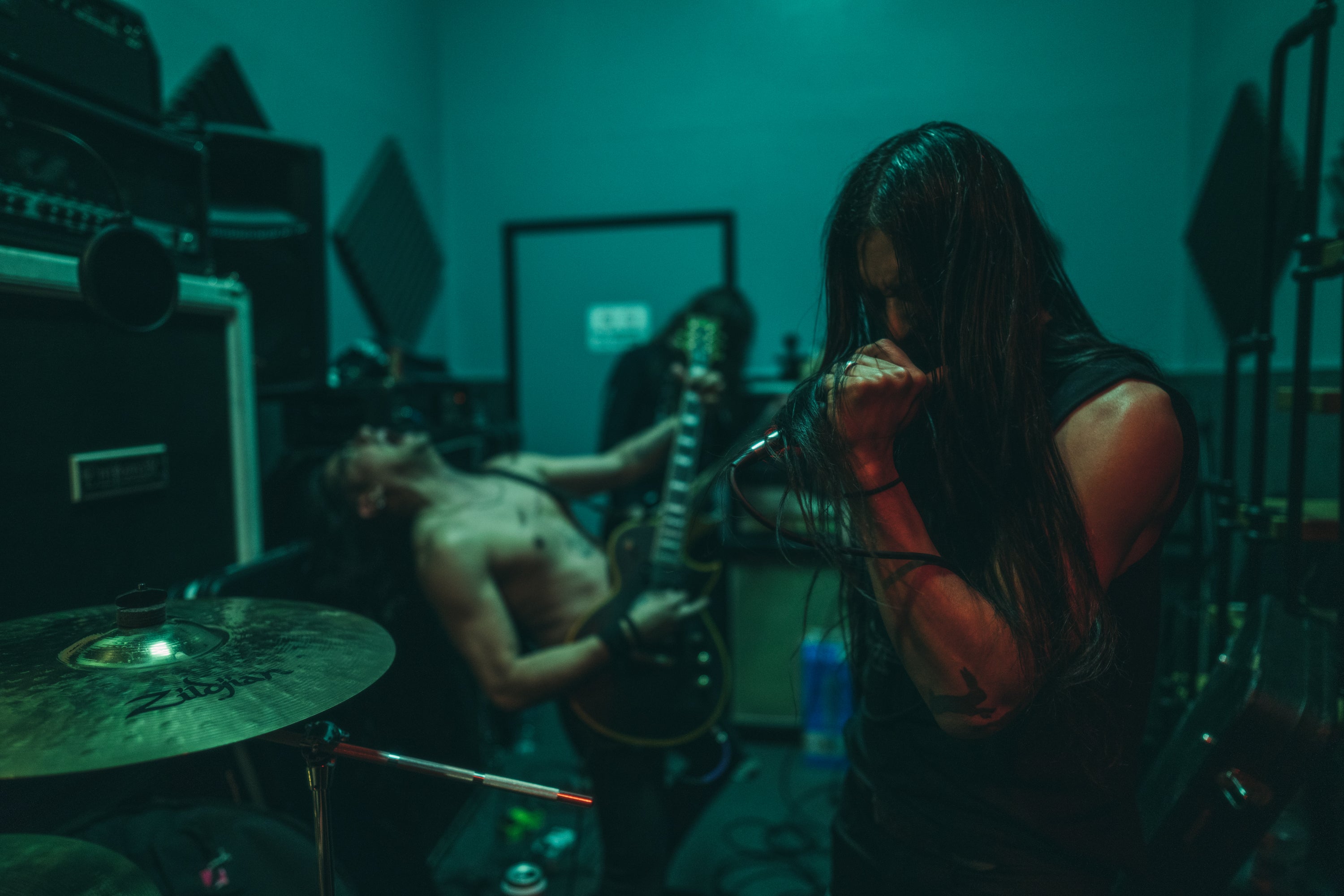Intro to Music Royalties
Where to start with Collecting ALL of your royalties

Anyone can independently release their own music digitally.
Digital distributors make it very easy to release your music digitally to streaming services all over the world and to get paid for those streams.
But the royalties you are owed when your music is played go far beyond just streaming revenue.
And yes, you can claim all of these additional royalties without being signed to a label. (and for some royalties, a label technically can't claim for you at all!)
Who Gets Paid Royalties?
Songwriter: The person(s) who actually wrote the song (lyrics, melody, beat, ect). This could be just one person or multiple.
Publisher: The person or company who owns the copyright to the written song.
An independent artist who writes their own songs can also be their own publisher or they can hire a publishing firm.
Artists signed to traditional labels may also have signed their publishing copyright to their label.
Performing Artist: The artist or band who actually records the song.
Also referred to as the “Performer” or “Featured artist”.
Master Owner: The person or company who owns the copyright to an artists’ recorded song.
Traditionally, this would be a label; however an artist who retains the rights to their masters, independent or not, will be in a much better position long term.
The “Master Owner” may also be referred to as the “Rights Owner”, "Rights Holder", or “Copyright Owner”.
What Creates Royalties?

The royalties for every song are broken down into 2 primary categories: The Composition and the Recording.
The Composition refers to the written elements of the song, such as the lyrics, melody, or beat, and then the Recording refers to the actual, individual, specific recording of that song by a specific artist/band.
For example, when an artist re-records or covers a specific song that creates a new Recording of the same original Composition.
Composition royalties are paid to Songwriters and Publishers.
Recording royalties are paid to the Performing Artist and Master Owner.
From there, things can get a bit more confusing and It may help to reference the chart above to help keep things straight.
It will feel like some terms or categories are overlapping or using interchangeable terminology willy nilly; and unfortunately they often are.
The Composition and the Recording royalties are then both broken down further into two more sub-categories each.
The Composition royalties include Performance Royalties which are paid to both the Songwriter & Publisher and then Mechanical Royalties which are paid just to the song Publisher.
The Recording royalties include Digital Performance Royalties which are collected from non-interactive streams (like internet radio) and are paid to the Performing Artist, background musicians*, and the Master Owner. Then there are also the Recording Revenues from “Interactive Streaming” on services like Spotify or Apple Music which are paid to the Master Owner.
Clarity Note:This is where the “streaming doesn't pay” misconception comes from If a label owns the Master of your song, they are the ones legally owed the majority of that song’s digital performance royalties. But, if you retained the ownership of your master recordings, you would then be legally owed 100% of the recording revenue.
|
How Do I Actually Get Paid?
Annoyingly, the different kinds of royalties are collected and distributed by different organizations.
However, the primary services that exist to collect and distribute royalties to musicians are either free or have very low sign-up or processing fees.
You do not need to pay a monthly subscription anywhere to collect your royalties.
Sure, there are some collection services you may choose to use for convenience, but they are not actually necessary. Any person or service saying you NEED to pay them a recurring fee or percentage to collect your royalties is giving you the runaround (managers and labels included).
Clarity Note:Many of these organizations appear to “Overlap” in where they are collecting royalties from. This is because multiple kinds of royalties are owed for each use of a song as covered above. As an example: |
Below is the step-by-step of what you need to do and where.
These articles provide more information on each royalty collection service and how to get rolling with each.
FIRST STEPS: Getting setup for continual, automatic, royalty payment
(The stuff you can setup once to get paid indefinitely)
- DIGITAL DISTRIBUTION - The very first step to get your music Streaming
- Your Performing Rights Organization (PRO) - ASCAP or BMI
- SoundExchange
- Mechanical Licensing & The MLC
Going Beyond ‘Merica: The nitty gritty of collecting more royalties internationally
- Neighbouring Rights - Getting the rest of your International Performance Royalties
- International Publishing
- MROs
Additional Stuff you should really also do:
(These aren't as "set it & forget it passive income” like the rest, but still important to know about and/or do)
- Official Copyright Registrations (Coming Soon)
- Earning royalties from your live concerts
- Sync Licensing (Coming Soon)
- Music Charts (Coming Soon)
*While these articles are aimed at musicians based in the US, much of this information can also be helpful to artists in other locations looking to collect royalties internationally.









Comments
No comments yet. Be the first to share your thoughts.